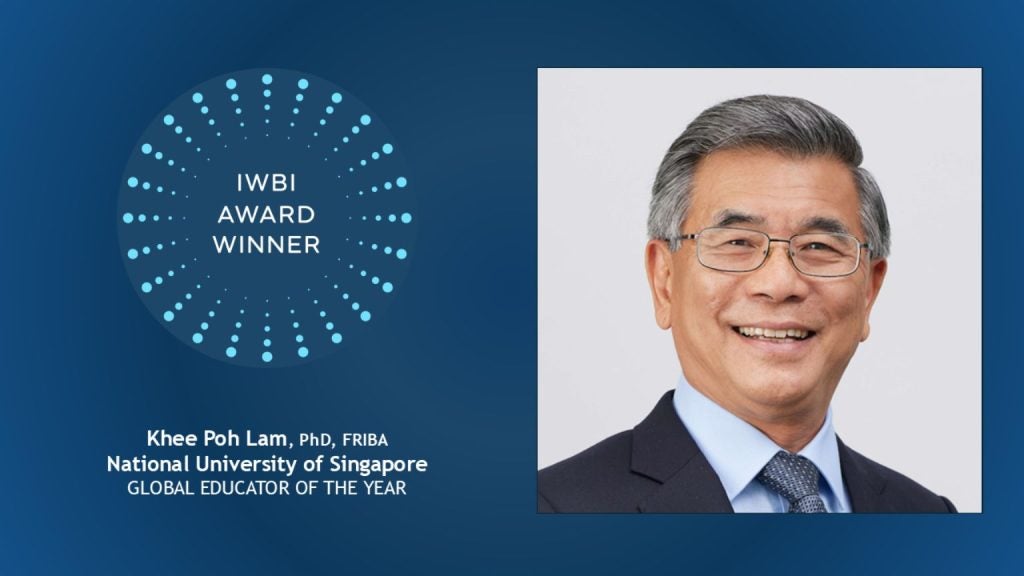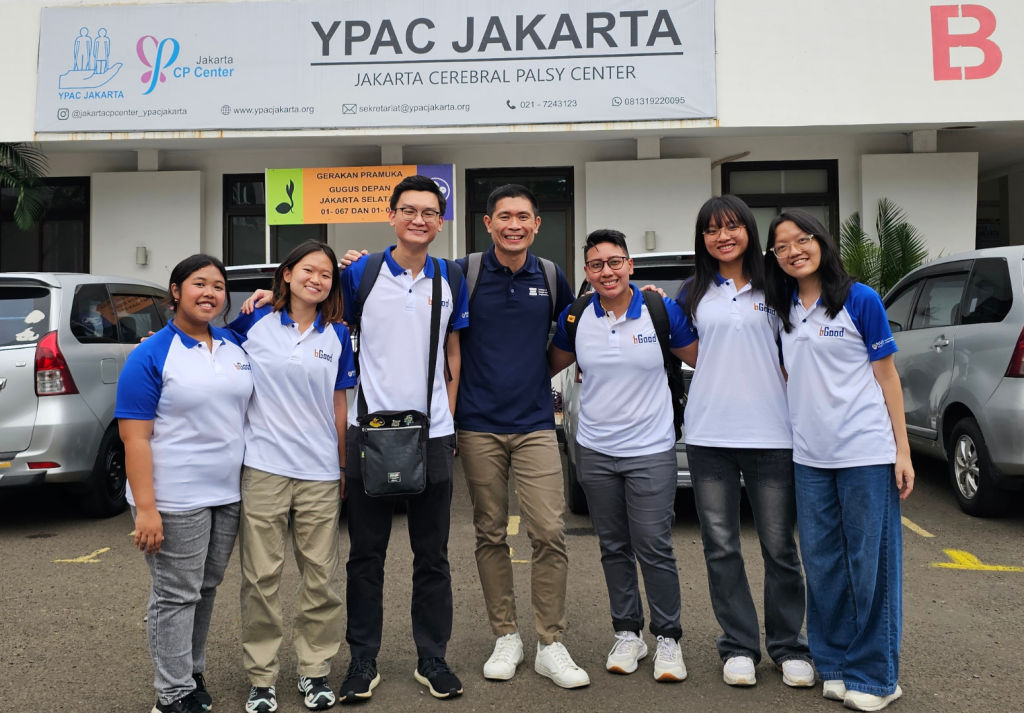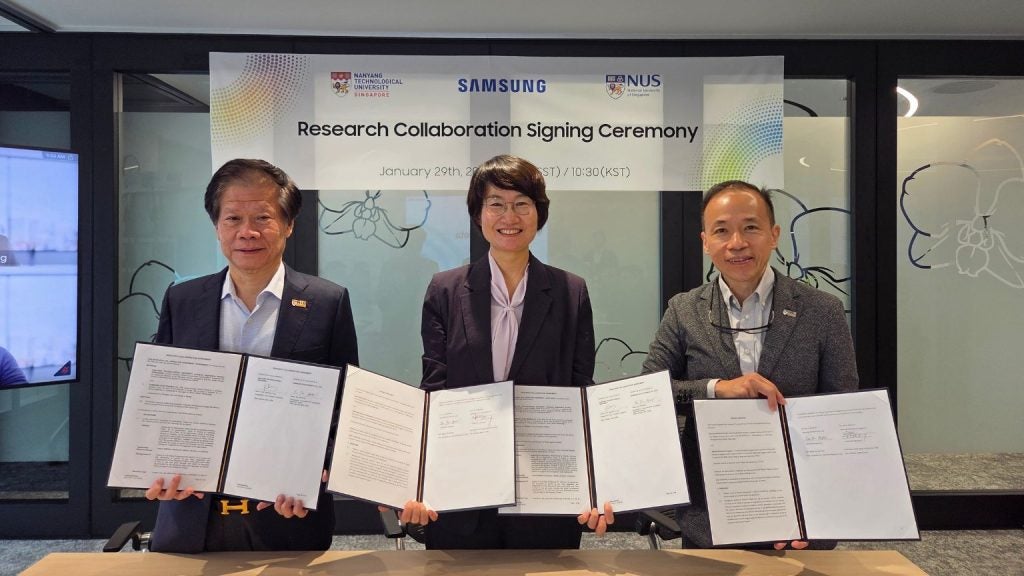
Professor Lim Chwee Teck (Biomedical Engineering) has been presented with the Lifetime Achievement Award at the annual Nature Awards for Mentoring in Science, recognising his work in supporting early career researchers and nurturing the next generation of scientists.
Prof Lim, who has been at NUS for more than 20 years, received the award at a ceremony held in Singapore alongside two other NUS professors who jointly received the mid-career award.
Launched 18 years ago and backed by the prestigious scientific journal Nature, the awards recognise outstanding mentorship from scientists who dedicate their time to supporting and enhancing the careers of young researchers.
During his career, Prof Lim has mentored more than 30 Masters and 50 PhD students, as well as 20 postdoctoral fellows.
In the award citation, the judges said they were particularly impressed by Prof Lim’s holistic approach to mentorship and his embracing of diversity. His focus on entrepreneurial and tech-transfer mentorship also stood out as a key form of support for his mentees.

A serial entrepreneur as well as prolific researcher and inventor, Prof Lim has co-founded six startup companies to commercialise technologies developed in his lab and has also received more than 120 awards and honours together with his team.
Prof Lim's support for his students and peers was evident in the comments he received on LinkedIn when he shared the news of his award.
Professor Terence Ow, a former classmate and now a Professor in Information Systems at Marquette University in Wisconsin, described Prof Lim as "humble and intelligent” and “full of good ideas".
Dr Ramesh Ramji, who received a PhD in Bioengineering and Biomedical Engineering from NUS in 2012, and is currently a co-founder of a California-based biotech start-up, said that Prof Lim had always “been an inspiration for translational science”.
Those who nominated Professor Lim Chwee Teck also spoke highly of his outstanding support during the peak of COVID infections and restrictions.
Asked to highlight a few of his more prolific mentees, Prof Lim said he felt that all his mentees had been successful in their own ways.
'Pillar of support'
“Serving as a mentor to others is itself a gratifying experience that provides opportunities to make a difference and positive impact on someone’s life,” he said.
For early career researchers seeking mentors, he said it was important to focus on those "who will not only provide guidance or impart knowledge, but also is an inspiring role model, pillar of support and advocate for the mentee so that they can achieve their full potential."
Prof Lim also acknowledged the role of NUS in fostering the right environment for both students and educators. “My sincere gratitude to NUS for all the support given so that I can better mentor our next generation of researchers, engineers and entrepreneurs.”
For those looking to mentor others, Prof Lim said: “We can do this not only by offering guidance, support and encouragement, but also building relationships based on trust, respect and mutual learning that can last a lifetime. In fact, many of my mentees and their family members have become my lifelong friends."
"In the end, it’s about leaving a positive legacy."
Commenting on the award winners, Editor-in-Chief of Nature and chair of the judging panel, Magdalena Skipper said: “I am delighted that through this award we can recognise the importance of those that are empowering researchers in the early stages of their careers and the value this adds in both the short and long term to the whole research community.”





